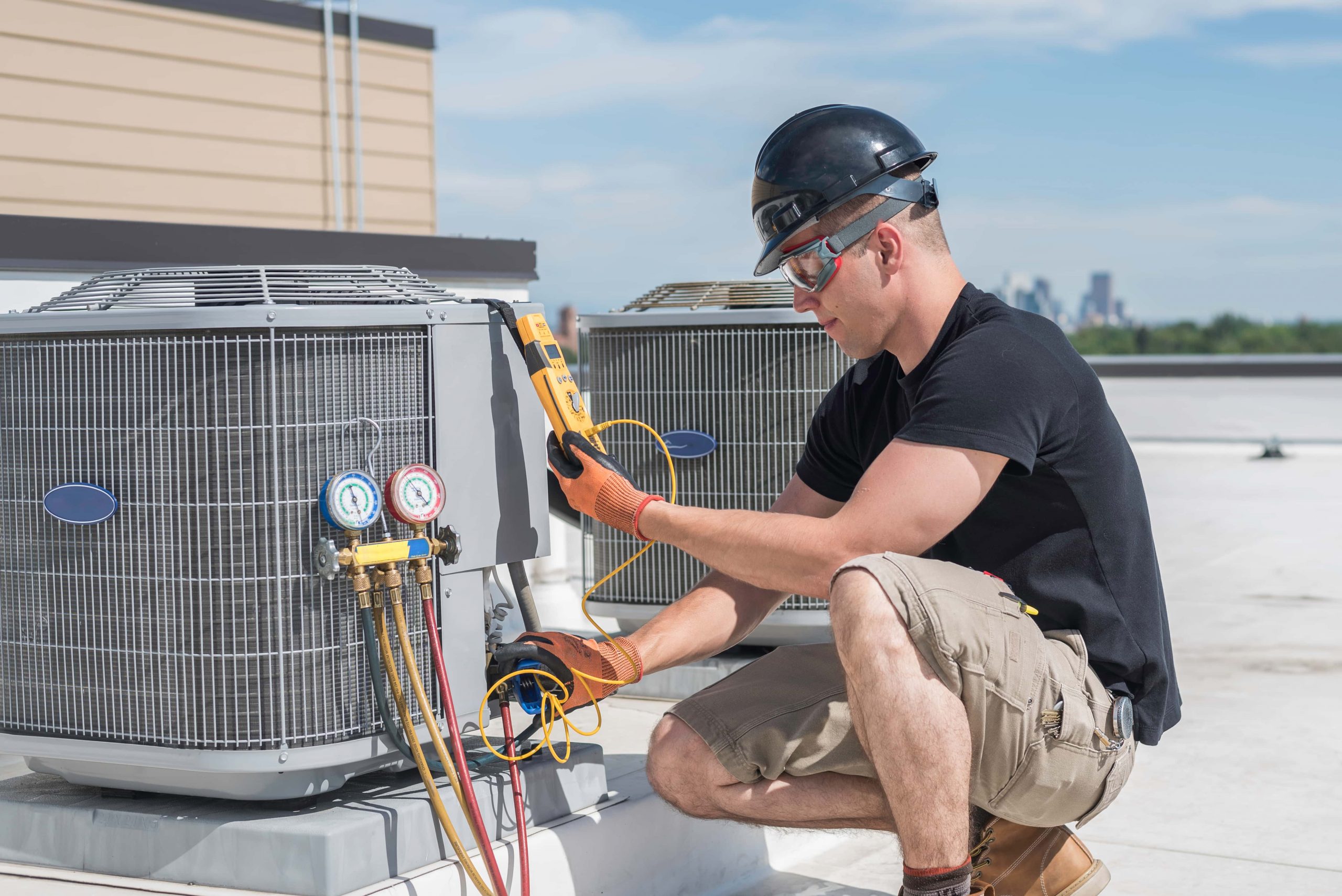In the field of HVAC (Heating, Ventilation, and Air Conditioning), a quantity of features are essential for the correct functioning and efficiency of the techniques. While it's challenging to pinpoint a single most essential thing, several key components are paramount to contemplate:
1. Safety:
Safety is the highest priority in HVAC work. Technicians must adhere to security protocols to prevent accidents, particularly when dealing with electrical parts, gas methods, and doubtlessly harmful substances. Proper set up, maintenance, and repair procedures guarantee the protection of each technicians and occupants.
2. Proper Installation:
Correct set up of HVAC systems is vital. Proper sizing, precise installation of components, and acceptable ductwork design contribute to system efficiency, longevity, and performance. Heating installation near me can lead to inefficiencies, frequent breakdowns, and better vitality bills.
three. Regular Maintenance:
Regular maintenance ensures HVAC methods function effectively, stopping breakdowns and prolonging the system's lifespan. Routine duties like changing filters, cleansing coils, and inspecting parts are important for optimal performance and indoor air high quality.

4. Energy Efficiency:
Energy efficiency is essential for lowering environmental impact and lowering utility costs. High-efficiency HVAC systems and proper insulation assist preserve energy, making the system environmentally pleasant and cost-effective for homeowners and businesses.
5. Proper Ventilation:
Effective air flow ensures the circulation of contemporary air, preventing the buildup of indoor pollutants, controlling humidity, and selling a healthy indoor setting. Proper ventilation design is crucial for indoor air quality and the occupants' well-being.
6. Indoor Air Quality (IAQ):
Maintaining good indoor air high quality is important for occupants' well being and comfort. HVAC methods equipped with appropriate filters, air purifiers, and ventilation methods help take away allergens, pollution, and pathogens from the indoor air, enhancing IAQ.
7. Humidity Control:
Controlling indoor humidity is important for comfort and stopping points like mould growth and injury to furniture and electronics. Properly functioning HVAC systems assist maintain optimal humidity levels, particularly in areas with fluctuating humidity.
eight. System Balance and Airflow:
Balanced airflow ensures consistent heating and cooling all through the building. Properly balanced techniques avoid uneven temperatures, guaranteeing every room receives sufficient heating, air flow, and cooling.
9. Knowledgeable and Skilled Technicians:
Having expert and knowledgeable HVAC technicians is indispensable. Experienced professionals can accurately diagnose issues, perform efficient repairs, and supply priceless suggestions for optimal system efficiency and energy savings.
10. Customer Education:
Educating clients about their HVAC techniques, together with correct usage, upkeep practices, and energy-saving tips, empowers them to make knowledgeable decisions. Informed clients are more likely to take steps to maintain their techniques and use them effectively.
While these components are all necessary, the synergy of those elements—safety, proper set up, common upkeep, energy efficiency, air flow, indoor air quality, humidity management, system balance, skilled technicians, and customer education—ensures the efficient operation and longevity of HVAC methods, making them collectively probably the most important features of HVAC..
